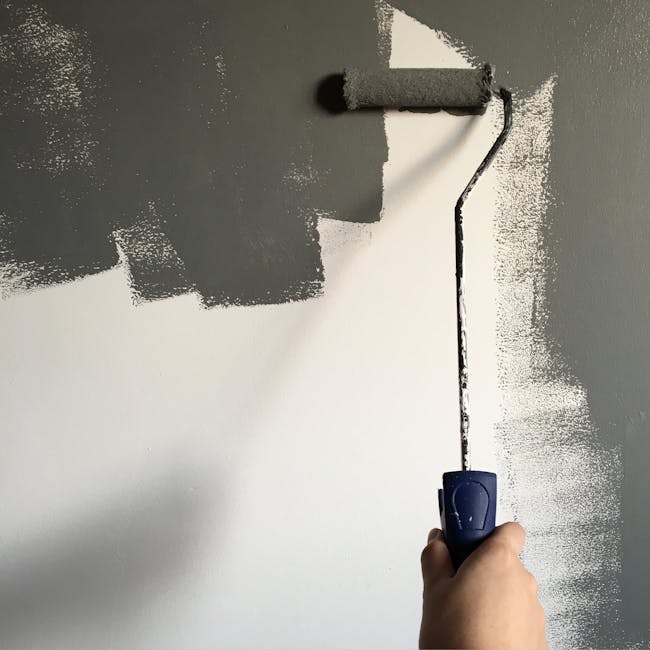 Keeping It Cool: Understanding Process Cooling Systems
Keeping It Cool: Understanding Process Cooling Systems
Energy consumption accounts for a substantial portion of operational costs in various industries, particularly those involving heavy machinery and manufacturing processes. One method to mitigate these expenses is by optimizing process cooling systems, which play a crucial role in managing temperature fluctuations and maintaining equipment efficiency. Process cooling systems are complex networks that depend on your understanding of their functions, applications, and configurations.
To grasp the concept of process cooling systems, it’s essential to understand the underlying principles. These systems work by absorbing, transporting, and dissipating heat produced by machinery and processes. Their primary function is to maintain equipment operability and prevent overheating, which can lead to decreased performance, equipment damage, or even catastrophic failures. Effective process cooling systems ensure that equipment operates within the optimal temperature range, enabling you to maintain production standards, quality control, and efficiency.
There are several types of process cooling systems, each designed to meet specific industrial requirements. For instance, glycol-based systems are commonly used in extreme environments where the risk of freezing is high. These systems incorporate a secondary liquid coolant that prevents water from freezing in low-temperature conditions. You can also use direct contact systems, which immerse the heat exchanger directly in the cooling medium. Direct contact systems are often employed in industries such as textile, printing, and food processing.
Other process cooling systems utilize air as the cooling medium, often in combination with compressors or fans to optimize airflow and pressure. Tower air-cooled systems are a common example of this configuration, which relies on air circulation to dissipate heat from the equipment. Chillers are another type of process cooling system, primarily used in industrial plants where high cooling demands are required. Chillers work by drawing in hot air, cooling it, and then releasing it back into the system, maintaining a consistent temperature range.
Cooling towers and storage tanks are critical components of process cooling systems. Cooling towers help dissipate heat, while storage tanks hold the cooling medium in reserve, allowing for continuous operation even when the main cooling circuit is offline. Your choice of cooling tower type – such as counterflow, crossflow, or induced-draft – depends on the application and the system’s performance requirements. For instance, counterflow cooling towers are ideal for large systems with moderate temperature drops, whereas induced-draft cooling towers are designed for smaller systems with high temperature drops.
Process cooling systems can be employed in various industrial settings, from chemical and pharmaceutical manufacturing to food processing and textile production. These systems ensure that equipment operates within a stable temperature range, thereby maintaining product quality and consistency. Moreover, they alleviate the risk of premature wear and equipment failure by preventing overheating. Properly installed process cooling systems can also reduce maintenance costs, downtime, and labor expenses associated with equipment repairs.
A crucial aspect of designing and operating process cooling systems is ensuring compatibility with other components, such as pumps, compressors, and heat exchangers. Mechanical compatibility also involves considering factors like fluid compatibility and resistance to corrosion. Moreover, integrating controls and monitoring systems allows you to fine-tune the system’s performance, detect potential issues, and optimize the cooling effects.
You can also choose from various pump configurations to address the cooling demands of your specific application. Centrifugal pumps are commonly used for process cooling system circulation due to their ability to handle high flow rates and pressure. End-suction pumps provide optimal flow circulation, whereas axial pumps can handle increased pressure and low flow limits. Positive displacement pumps, such as gear pumps and lobe pumps, account for precise flow regulation.
Advances in materials science and technology have made possible innovative, specialized cooling systems designed specifically for extreme industrial conditions. The introduction of organic Rankine cycles, or ORCs, offers a unique solution for process cooling in high-temperature applications. ORCs leverage the principle of heat transfer through fluid media, allowing you to maintain optimal temperatures while minimizing energy consumption and environmental impact. With the growing need to optimize energy efficiency and stay competitive, these technologies underscore the importance of process cooling systems in industries worldwide.
When evaluating the efficiency and operational safety of process cooling systems, various performance metrics come into play. Assessing hydraulic performance factors like pressure drop, system resistance, and velocity offers valuable insights into system design and operation. Additionally, evaluating your coolant’s conductivity and specific heat capacity allows you to assess the system’s cooling capacity and identify room for optimization.
As industries seek innovative solutions to mitigate operational expenses, process cooling systems emerge as a crucial component in these efforts. Continuously optimizing process cooling systems requires understanding the underlying principles and the latest industry developments. Only through this understanding can you design, implement, and operate these essential systems effectively, maintaining peak performance, minimizing costs, and safeguarding your equipment and processes.
The Beginner’s Guide to
Finding Ways To Keep Up With
Choosing the Right Painter Contractor for Your Home Improvements
 Understanding the Duty of a Paint Professional
Understanding the Duty of a Paint Professional